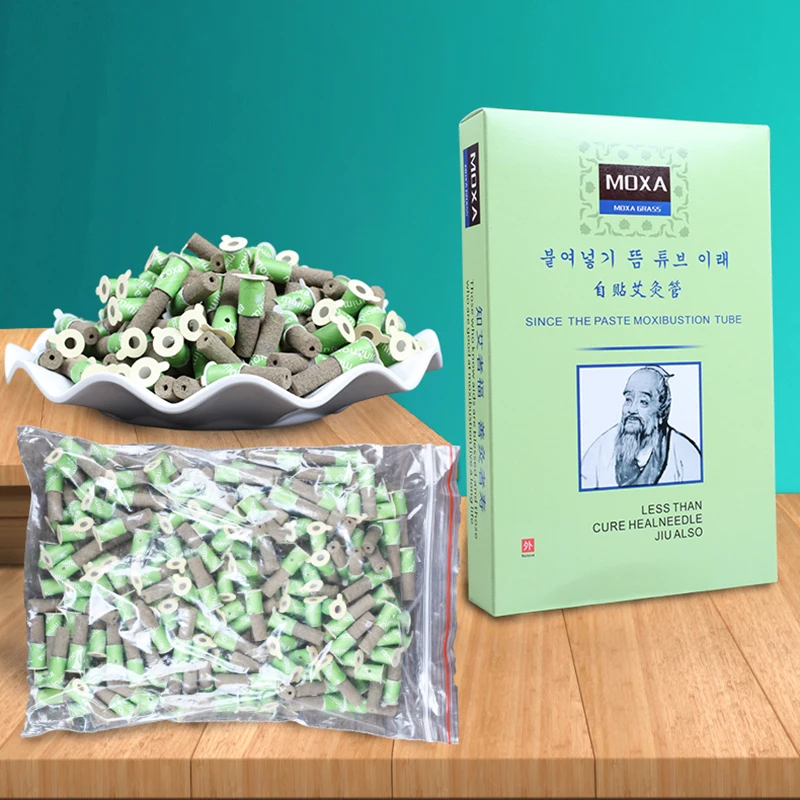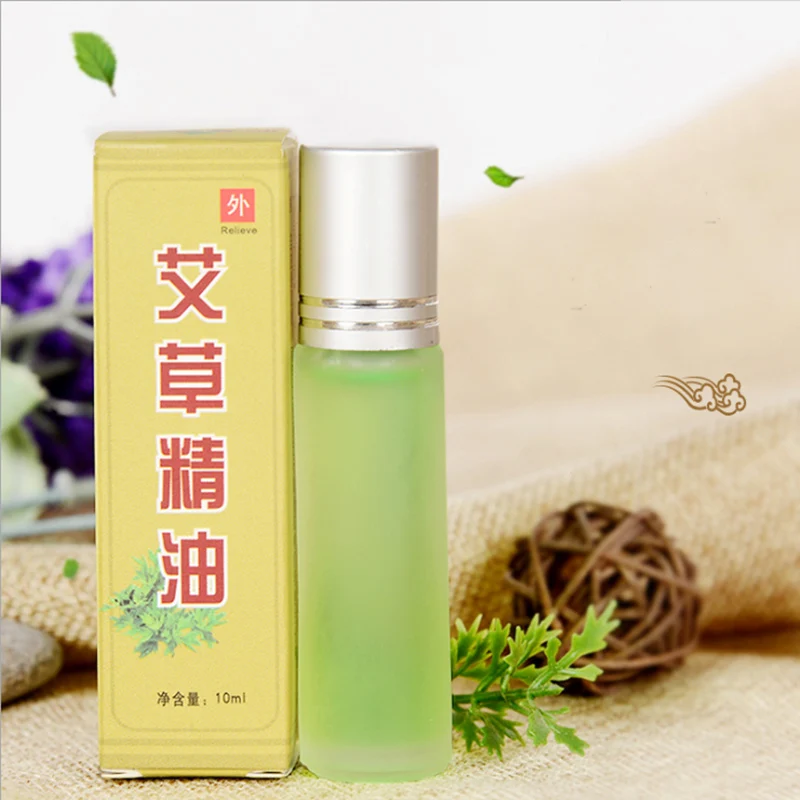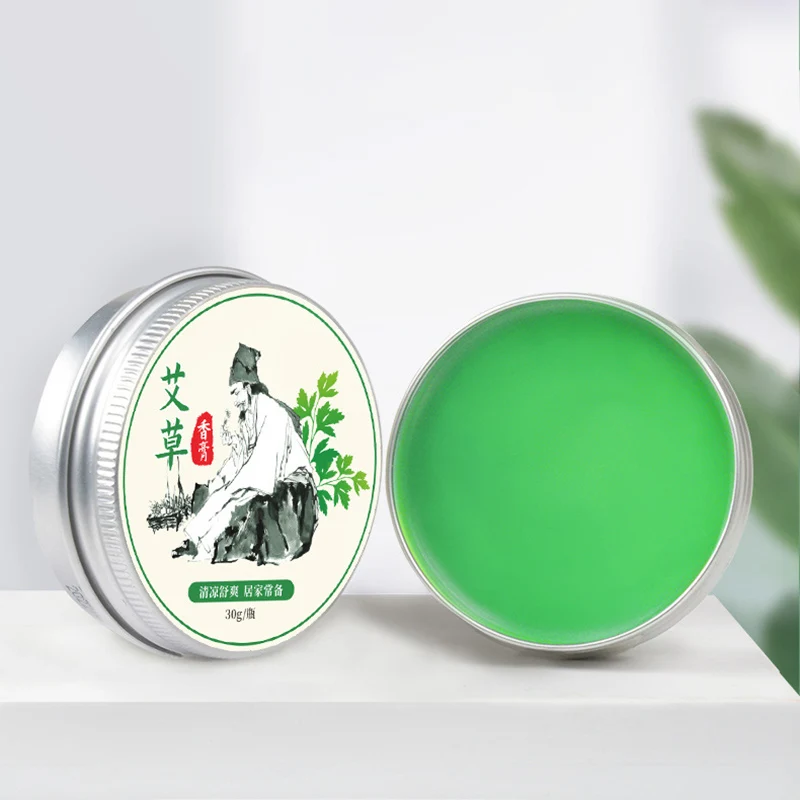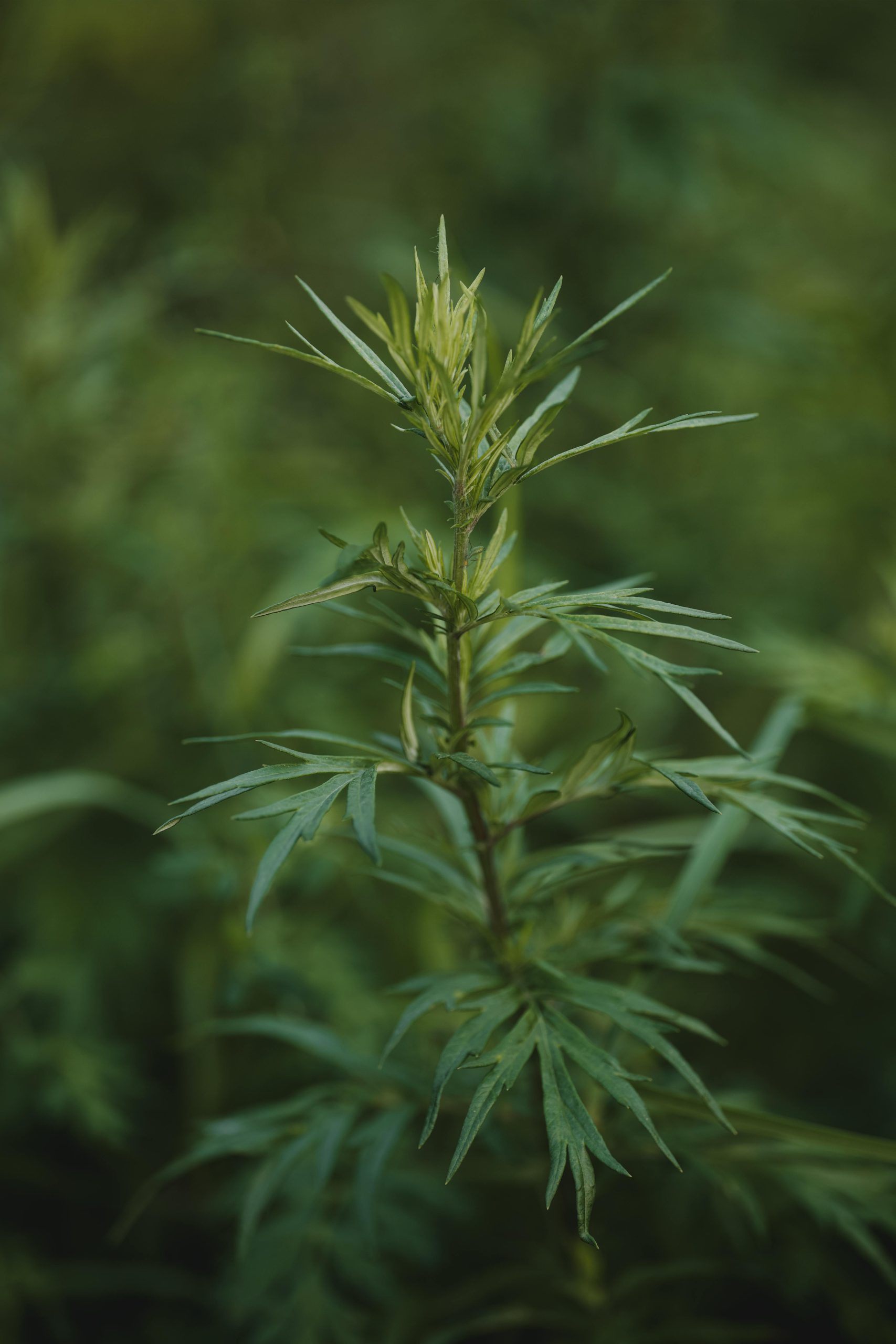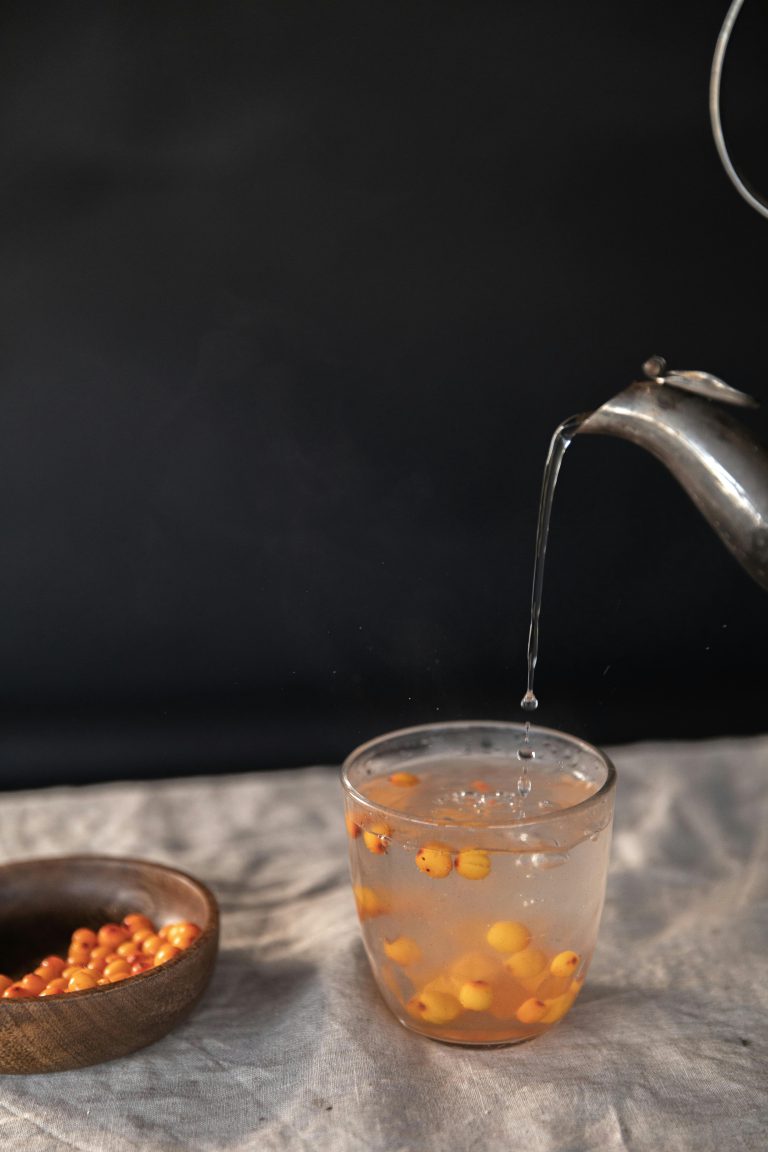Mugwort (Artemisia vulgaris) is a powerful medicinal herb that has been used for centuries in traditional medicine systems across the world. From ancient China to medieval Europe, this plant has been revered for its therapeutic properties, especially in treating digestive disorders, promoting relaxation, and supporting women’s health. In this article, we explore the many medicinal benefits of mugwort, its historical significance, and the best ways to use it safely.
Historical and Cultural Significance
Mugwort has played an essential role in traditional medicine for thousands of years. In Chinese medicine, it is a primary ingredient in moxibustion, a technique that involves burning dried mugwort over acupuncture points to stimulate healing. In Europe, it was considered a protective herb, used to ward off evil spirits and enhance dreams. Native American tribes also valued mugwort for its calming and purifying properties.
Medicinal Benefits of Mugwort
1. Digestive Health
Mugwort is known for its ability to aid digestion by stimulating gastric juice production. It helps relieve bloating, indigestion, and loss of appetite. The bitter compounds in mugwort, called sesquiterpene lactones, promote bile flow and improve liver function, making it a great herb for digestive health.
2. Menstrual Health and Hormonal Balance
One of the most well-known uses of mugwort is its role in women’s health. It has been traditionally used to regulate menstrual cycles, alleviate cramps, and ease symptoms of menopause. Mugwort acts as an emmenagogue, meaning it can stimulate blood flow to the pelvic area and uterus, which may be beneficial for those with irregular or painful periods.
3. Anxiety, Stress, and Sleep Disorders
Mugwort has mild sedative properties that help reduce stress, anxiety, and insomnia. It is often used in teas, tinctures, or essential oils to promote relaxation and improve sleep quality. Some people also use mugwort to enhance lucid dreaming, believing it can bring vivid, meaningful dreams.
4. Antimicrobial and Antiparasitic Properties
Studies have shown that mugwort has antibacterial, antifungal, and antiparasitic properties. It has been used to treat intestinal worms, fungal infections, and skin conditions like eczema and acne. Mugwort extracts may also help combat certain bacterial infections.
5. Anti-Inflammatory and Pain Relief
Due to its anti-inflammatory properties, mugwort has been used in traditional medicine to treat joint pain, arthritis, and muscle aches. Moxibustion therapy, which involves burning mugwort, is commonly used in Chinese medicine to relieve pain and inflammation.
6. Supporting Liver Health
Mugwort has been used as a liver tonic due to its detoxifying properties. It is believed to help cleanse the liver, improve bile production, and support overall liver function. This makes it useful for people who suffer from sluggish digestion and liver-related conditions.
How to Use Mugwort
1. Mugwort Tea
Mugwort tea is one of the simplest and most effective ways to use the herb. To make the tea:
- Add 1 teaspoon of dried mugwort leaves to a cup of hot water.
- Steep for 5-10 minutes.
- Strain and drink. This tea can help with digestion, menstrual discomfort, and relaxation.
2. Tinctures and Extracts
Mugwort tinctures are concentrated herbal extracts that can be taken in small doses for medicinal purposes. A typical dosage ranges from 5-15 drops in water, taken up to three times daily.
3. Essential Oils
Mugwort essential oil is used in aromatherapy for its calming effects. It can be diffused, added to a bath, or diluted in a carrier oil for massage therapy.
4. Moxibustion
Traditional Chinese medicine practitioners use moxibustion to warm acupuncture points and improve energy flow (Qi) in the body. This practice is especially beneficial for menstrual and digestive issues.
5. Culinary Uses
In some cultures, mugwort is used as a culinary herb to flavor soups, stews, and rice dishes. It has a slightly bitter, aromatic taste that pairs well with hearty foods.
Precautions and Side Effects
While mugwort has many benefits, it should be used with caution:
- Pregnancy and Breastfeeding: Mugwort should be avoided by pregnant women as it may stimulate uterine contractions.
- Allergic Reactions: People allergic to ragweed, daisies, marigolds, or chrysanthemums may also react to mugwort.
- High Doses: Excessive consumption can cause nausea, dizziness, and toxicity.
- Drug Interactions: If you are taking medications, consult a healthcare professional before using mugwort.
Conclusion
Mugwort is a versatile medicinal herb with a rich history of use in traditional medicine. Whether consumed as tea, applied as an essential oil, or used in moxibustion therapy, it offers numerous health benefits. However, like any herbal remedy, it should be used responsibly and with awareness of potential side effects. If you are considering adding mugwort to your wellness routine, consulting with a herbalist or healthcare provider can help ensure safe and effective use.
By integrating mugwort into your natural medicine cabinet, you can take advantage of its powerful properties and experience its healing benefits firsthand.
